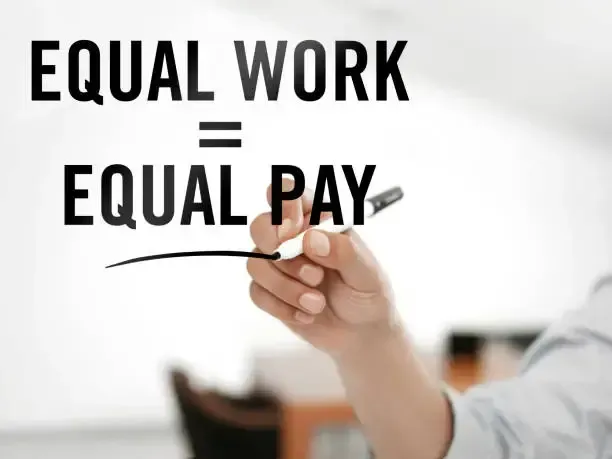Can You Be Fired for What You Post Online? Social Media & Colorado Employment Law
Understanding Your Rights—and Risks—When Posting Online as a Colorado Employee in the Public or Private Sector

In today’s digital age, it’s easier than ever to voice your opinions online. However, what you post on platforms like Facebook, Instagram, X (formerly Twitter), or TikTok can sometimes cost you your job. This reality leaves many Colorado employees wondering: Can I be legally fired for something I post online—even on my own time?
As it turns out, the answer depends on several important factors, including whether you work in the public or private sector, what you posted, and whether Colorado law offers any protections. In this post, we’ll break it all down—and show you what rights you do and don’t have.
Understanding the Basics: Free Speech at Work Isn't What You Think
Let’s start with a major misconception: “I have freedom of speech, so I can’t be fired for my opinion.”
While the First Amendment of the U.S. Constitution does protect your speech from government censorship, it does not protect you from consequences at work, especially if you work in the private sector.
In fact, private employers can typically fire you at will, meaning they don’t need a reason, as long as it’s not illegal discrimination or retaliation. That means most Colorado workers in private companies have limited free speech protections when it comes to their jobs.
Public vs. Private Sector: What’s the Difference?
So what’s different for government employees?
If you’re a public sector employee (for example, you work for a school district, a local municipality, or a state agency), you do have some First Amendment rights in the workplace. However, those rights come with limits.
Generally:
You are protected if your speech involves a matter of public concern, such as corruption, safety issues, or misuse of funds.
However, your employer can still take action if the speech disrupts the workplace or interferes with your job duties.
For example, in the case of Baca v. Adams State University (2020), a professor’s public criticism of school leadership led to termination. The court examined whether the content of the speech was protected under the First Amendment and whether it affected the university’s ability to operate.
On the other hand, private employees do not enjoy the same protections. Therefore, if you work for a private company in Colorado, you can be fired for off-the-clock social media activity—unless a specific state law protects you.
Colorado’s Off-Duty Conduct Law: Some Protections Exist
Fortunately, Colorado offers limited protections through the Lawful Off-Duty Activities Statute (C.R.S. § 24-34-402.5). This law prohibits employers from firing employees for lawful activities conducted off the employer’s premises during nonworking hours.
However, there are key limitations:
- If your post violates company policy (e.g., hate speech or harassment), this law likely won’t protect you.
- Employers can argue that your post directly affects your job performance or the company’s reputation, which is an allowable exception.
- The law does not apply to religious or federal organizations, and does not override anti-harassment laws.
In short, your right to post is not absolute—even in Colorado.
What Types of Posts Could Lead to Termination?
Here are several realistic examples of online behavior that could put your job at risk:
- Sharing racist, sexist, or offensive content
- Posting confidential company information
- Making threats or inciting violence
- Publicly criticizing your employer, coworkers, or customers
- Posting during work hours without permission
- Participating in videos or memes that could be considered damaging to the company
Although some posts may seem like a personal opinion, they can still violate a company’s social media policy or code of conduct.
Case Study: Colorado Employee Fired Over Offensive Comments
In 2023, a Denver restaurant fired a server after customers shared a video of the employee making inappropriate comments about race and gender while wearing a company uniform. The company cited violation of its zero-tolerance harassment policy and the impact on brand reputation.
Because this was a private employer, no First Amendment or Colorado off-duty conduct protections applied. The termination was considered lawful.
How to Protect Yourself Online as a Colorado Employee
If you're active on social media, here are a few best practices to stay protected:
- Avoid posting about work—especially anything negative
- Review your employer’s social media policy (often in the employee handbook)
- Keep profiles private, but know that nothing online is truly private
- Use disclaimers if discussing politics or public issues (“opinions are my own”)
- Don’t post during work hours, unless it’s part of your job role
These steps won’t guarantee you’re safe, but they can greatly reduce the risk of disciplinary action or job loss.
What to Do If You’ve Been Fired for a Social Media Post
If you believe your firing was unjust, you still have options. Here’s what you should do:
- Document everything: Save the post, any messages from your employer, and relevant policies.
- Review your employee handbook to check for written policies or agreements.
- Consult an employment attorney to determine if your termination violated Colorado or federal law.
At Mitchiner Law, we’ve helped Colorado employees protect their rights and challenge wrongful terminations, especially when gray areas like social media are involved.
Final Thoughts: Your Voice Matters—But So Does the Law
Ultimately, while social media gives us the freedom to express ourselves, it doesn’t eliminate the consequences that can arise in the workplace. In Colorado, the line between personal expression and professional conduct is often blurry—and it’s important to know where you stand.
If you’re unsure whether your rights were violated or just want to understand how Colorado law applies to your situation, we’re here to help.
📞 Need Legal Advice? Mitchiner Law Can Help.
If you’ve been fired, suspended, or disciplined due to a social media post, don't navigate it alone.
✅ Book a confidential consultation with Mitchiner Law to discuss your rights and next steps.
📍 Proudly serving Denver and all of Colorado











